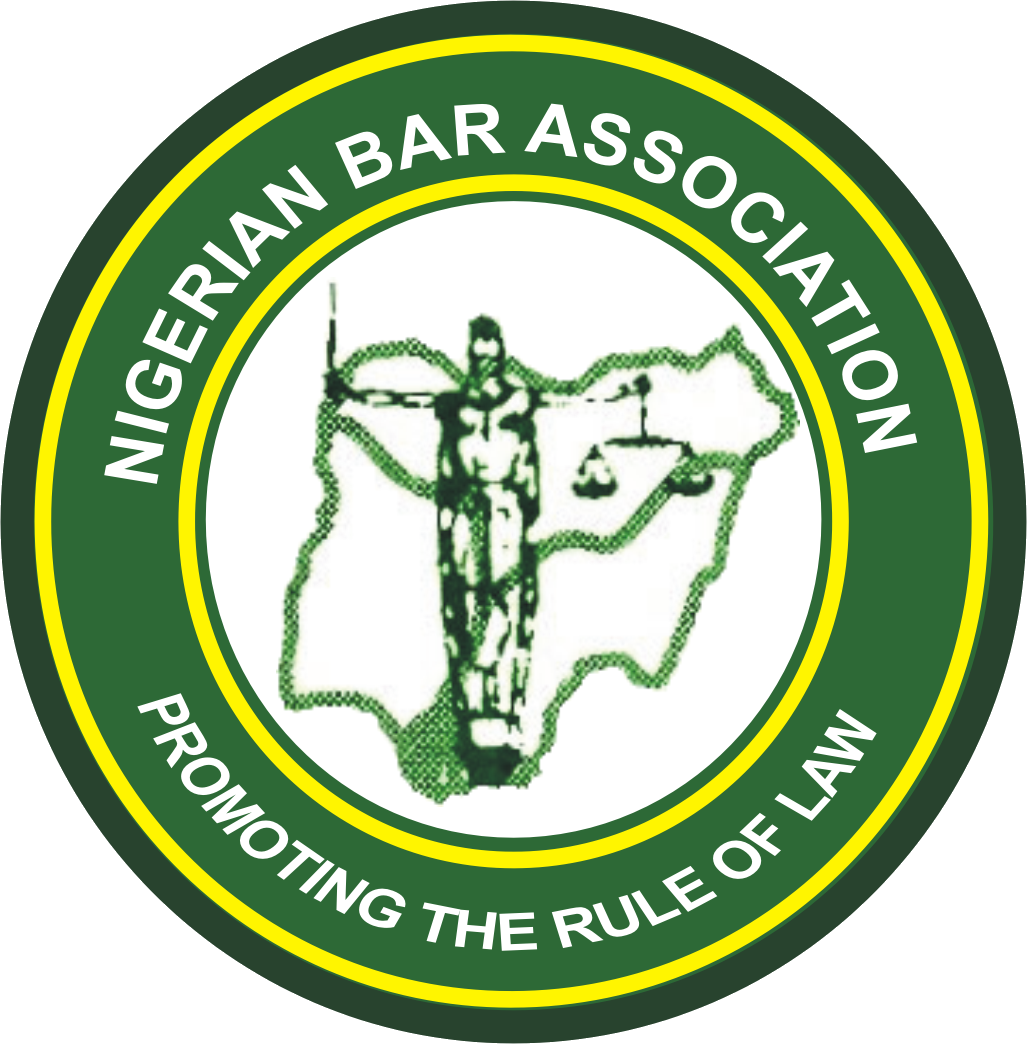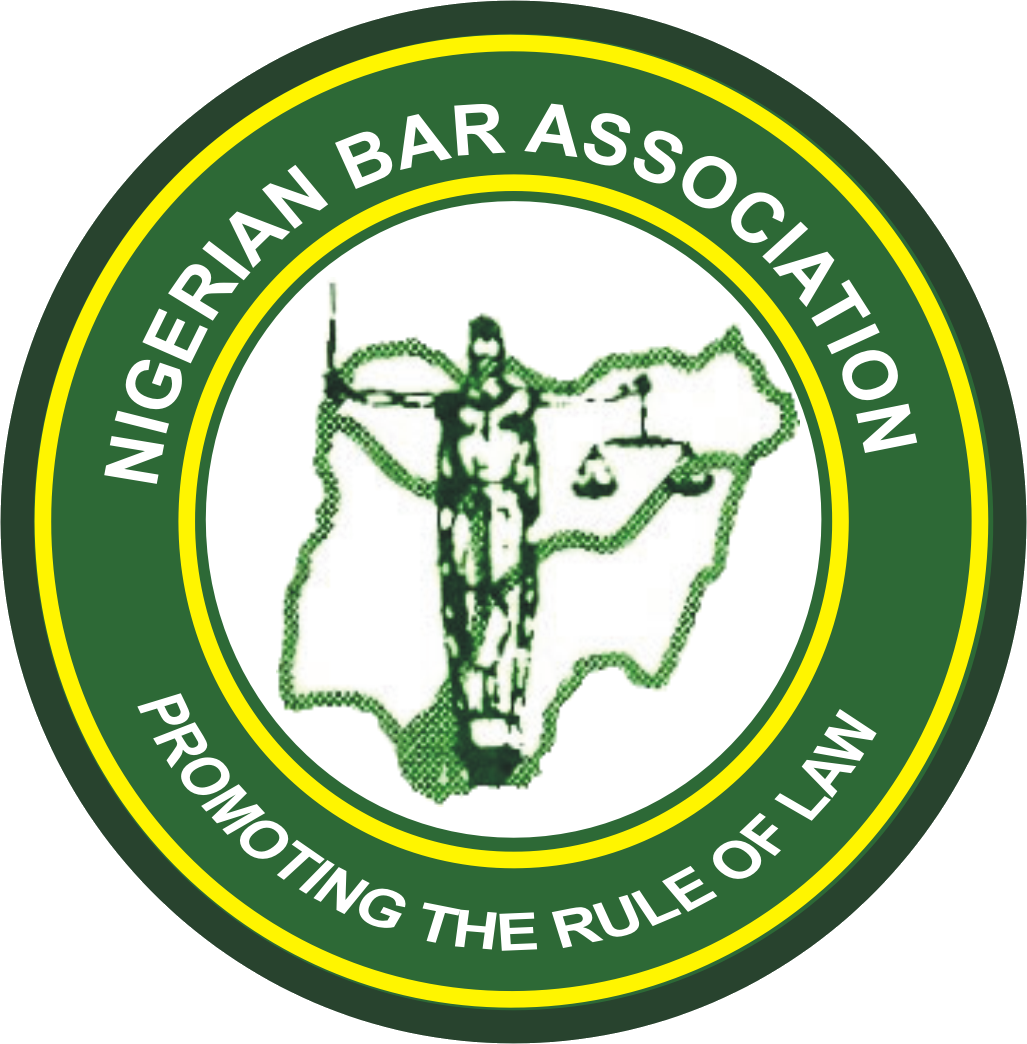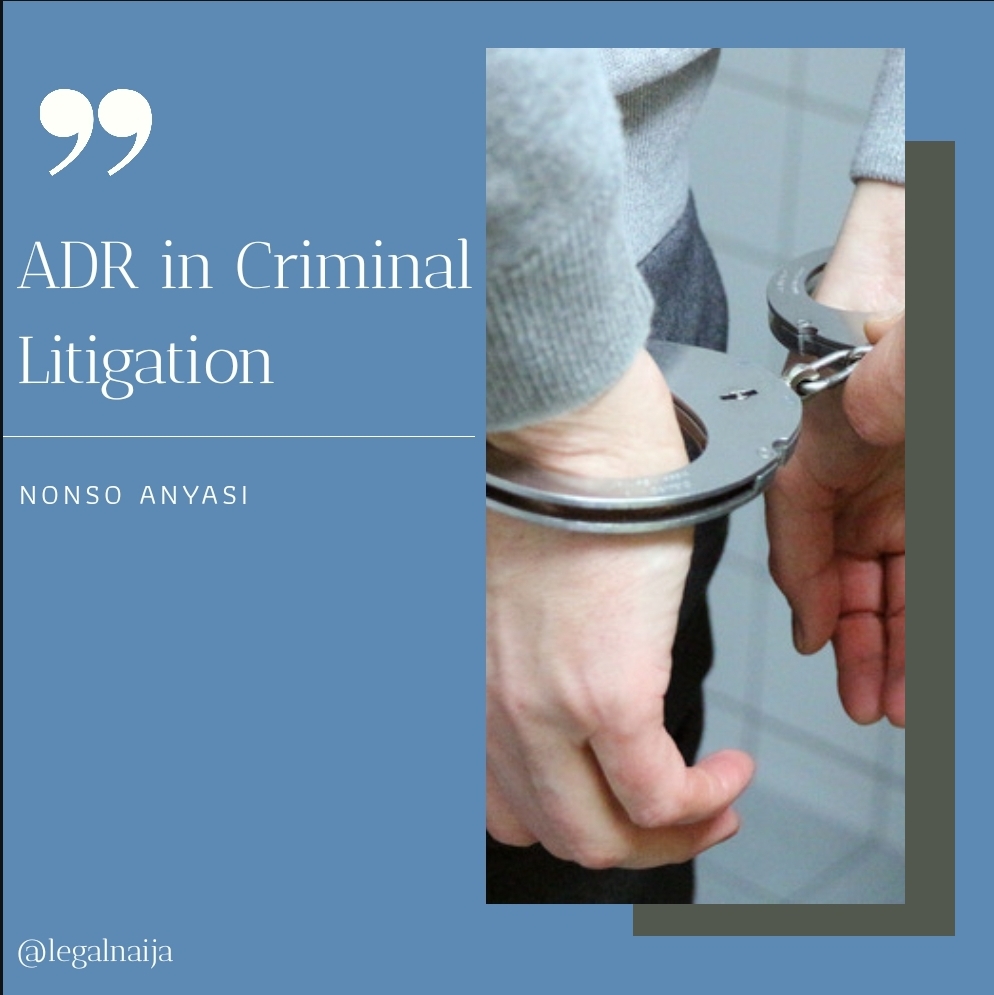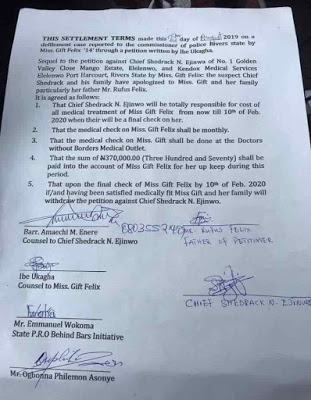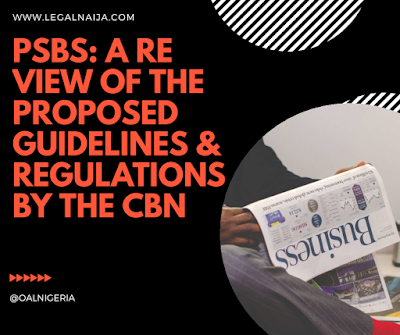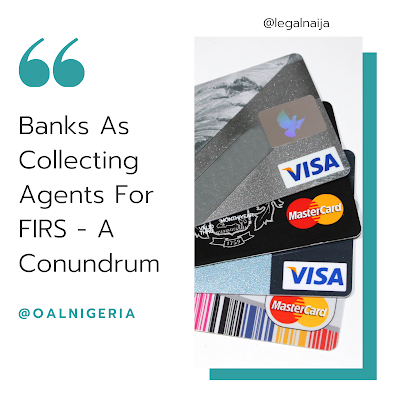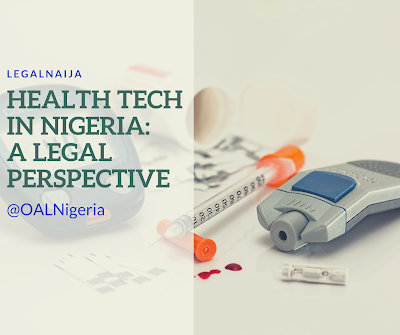IN
THE FEDERAL HIGH COURT OF A DEMOCRATIC STATE
IN
THE IMAGINARY JUDICIAL DIVISION
HOLDEN
AT THE NEW NIGERIA
SUIT
NO: DFHC/999/2019
BETWEEN
PATRIOTIC
CITIZENS
OMOYELE
SOWORE APPLICANTS
AND
1.
THE HOPEFUL DEMOCRATIC STATE
2.
ALL CITIZENS’ SECURITY AGENCIES
3.
ATTORNEY GENERAL FOR CITIZENS RESPONDENTS
FINAL
WRITTEN ADDRESS
1.0
INTRODUCTION/STATEMENT OF FACTS
1.1
The
2nd Applicant via an interview on social media announced a protest called
“Revolution Now”, which was to take place on 5th August 2019 in 25
states of the 1st Respondent.
1.2
The
2nd Applicant duly stated the purpose of the protest as follows: ‘the people’s
revolution against unjust and divisive order. It will change the conduct of
people in and out of government. It is a revolution being undertaken to make
people reject the old order and say ‘Enough is Enough’.’
1.3
However,
on 3rd August 2019, which was 2 days before the proposed protest, a
body of the 2nd Respondent, responsible for managing, curtailing,
containing and eliminating threats against national security, in a sham of
carrying out its duties arrested the 2nd Applicant.
1.4
The
said body of the 2nd Respondent with the confidence of a superior
backing, definitely not the law but rather a despot, filed a Motion Ex-parte
for an Order to arrest the 2nd Applicant for a period of 90 days on the grounds
of threatening public safety, peaceful co-existence and social harmony in the
country.
1.5
The
said body of the 2nd Respondent further alleged that there was
apprehension and anxiety among voiceless citizens as to what would happen next.
1.6
The
Honorable Court having been misled by the affidavit of the 2nd Respondent
relied on section 27(1) of the Terrorism (Prevention) Act and granted the
vacuous order to detain the 2nd Applicant for a renewable period of 45days.
2.0
ISSUE FOR DETERMINATION
2.1
Whether
or not the arrest and detention of the 2nd Applicant by a body of the 2nd
Respondent is lawful, acceptable and humane in a full-fledged democratic nation
although ruled by a metamorphosed militant.
3.0
ARGUMENTS
3.1
It
is a settled principle of law that an alleged offence must be created by
statute. In other words there must be a statutory provision creating it as an
offence before any person can be arrested, detained and convicted for the said
offence.
3.2
Furthermore,
the Apex Court emphatically stated that it is rudimentary and elementary for
anybody or persons having something to do with dispensation of justice in this
country to know that no citizen can be made to face any criminal trial for an
act which is not qualified as an offence nor defined or stated (codified) in any
law and the punishment thereof prescribed. All courts, so named, cannot claim
ignorance of these facts. See the
following cases: George –V- FRN (2014) All FWLR (Pt.718) 879; Abioye –V- FRN
(2014) All FWLR (Pt.722) 1646; Aliyu -V- FRN (2014) All FWLR (Pt.720) 1272.
3.3
This
position of law has been restated by the Appellate Court in the case of Nggilari –V- State & ORS (2017)
LPELR-42985(CA), where Honorable Justice Omoyele at Page 68,
Paragraphs B-E held as follows:
“The
law is also well established that no person shall be arraigned or charged for
anything done or undone which does not constitute an offence in any written
law. See Section 36 (6) (a) of the Constitution of the Federal Republic of
Nigeria, 1999 (as amended)”
3.4
Flowing
from the above we humbly submit two sub-issues to be determined by this most
esteemed Citizens’ Court, which are as follows:
a) Whether the 2nd
Applicant’s actions or the word “Revolution Now” constitutes the offence of
Terrorism under the law?
b) Whether by the provisions of the law,
the 2nd Applicant has the right to form or lead a peaceful assembly
against the unruly acts of a sterile democratic government.
Whether
the 2nd Applicant’s actions or the word “Revolution Now” constitutes
the offence of Terrorism
3.5
I
humbly submit and reiterate that to determine the lawfulness of an act, a
reasonable man ought to look at the provisions of the law vis a vis the
features of the act in question.
3.6
It
is paramount to define terrorism according to the law. In the case of Abdulmumini –V- FRN (2017) LPELR-43726 (SC),
His Lordship KEKERE-EKUN, J.S.C. at
Pages 21-23, Paragraphs F-A expounded on the nature of the offence
of terrorism and stated as follows:
“Section
15(2) of the EFCC Act provides: “(2) Any person who commits or attempts to
commit a terrorist act or participates in it facilitates the commission of a
terrorist act, commits an offence under this Act and is liable on conviction to
imprisonment for life.” Section 46 of the Act provides:
“Terrorism” means – (a) Any act which is a violation of the Criminal
Code or the Penal Code and which may endanger the life, physical integrity or
freedom of, or cause serious injury or death to, any person, any number or
group of persons or causes or may cause damage to public property, natural
resources, environmental or cultural heritage and is calculated or intended to
i. Intimidate, put in fear, force, coerce or induce any government body or
institution, the general public or any section thereof, to do or abstain from
doing any act or to adopt or abandon a particular standpoint, or to act
according to certain principles or ii. disrupt any public service, the delivery
of any essential service to the public or to create a public emergency or iii.
create general insurrection in a state; (b) any promotion, sponsorship of,
contribution to, command, aid, incitement, encouragement, attempt, threat,
conspiracy, organization or procurement of any person with the intent to commit
any act referred to in paragraph (a)(i), (ii) and (iii).”
3.7
He
further stated at Page 29, Paragraph D-A as follows:
“The crucial aspect of the
offence of terrorism is the creation of intense fear and anxiety, both physical
and psychological in the minds of members of the public which has the effect of
coercing, forcing, intimidating them to do or abstain from doing any act or to
adopt or abandon a particular view, policy or position to act according to
certain principles.”
3.8
It
is pertinent to respectfully submit that the yardstick to determine terrorism
is if there is an intention to act violently such that it will cause
insecurity to members of the public. (Emphasis mine)
3.9
The
alleged act of the 2nd Applicant that amounts to terrorism is the protest
tagged “Revolution now” which is intended to agitate against the menace of the
ruling government.
3.10 Respectfully, it is of utmost
importance to note that the peaceful protest was to be carried out in a
democratic society where the government ought to be responsible and responsive
to the citizens.
3.11 However, the said body of the 2nd
Respondent has raised two major concerns to be addressed: the phrase “Revolution
Now” is an intent to violently overthrow the government, and that members of
the public felt unsecured.
3.12 Basically, Revolution is an effort to
transform the political institutions and the justifications for political
authority in society, accompanied by formal or informal mass mobilization and
non-institutionalized actions.
3.13 This could be violent or non-violent.
A non-violent revolution is a revolution using mostly campaigns with civil
resistance, including various forms of non-violent protest, to bring about the
departure of bad governments.
3.14 Generally a non-violent revolution is
characterized by simultaneous advocacy of democracy, human rights and national
independence in the country concerned which was what the 2nd
Applicant sought to achieve.
3.15 The 2nd Applicant in his declaration
of a Revolution stated the purpose of the movement as follows:
“It
is the people’s revolution against unjust and divisive order. It will change
the conduct of people in and out of government. It is a revolution being
undertaken to make people reject the old order and say ‘Enough is Enough’.
3.16 I humbly submit that there is nothing
in the said statement or other statements and actions made by the 2nd
Applicant that posed a threat to the peaceful co-existence of the Country.
3.17 Furthermore, the 2nd Respondents
failed and/or neglected to tender any iota of evidence by which violence has
been threatened.
3.18 Addressing the second issue raised by
the 2nd Respondent, I humbly submit that the Court, in determining
the issue of whether the words of the 2nd Applicant created intense fear and
anxiety, both physical and psychological in the minds of members of the public,
ought to examine the view of a man on
the clapham to give such
evidence.
3.19 It
is important to note that the 2nd Respondent failed to produce any
witness to give evidence on this issue, neither did the Court call for such evidence
nor were there expressions of fear or anxiety by members of the public across
the various social media platforms. In the same breath, the 2nd
Applicant had the support of a lot of groups, including workers, unions, Civil
Society Organisations (CSOs) amongst others.
3.20 In view of the above, I humbly submit
that the concerns of the 2nd Respondent as laid before the Court
should be roundly disregarded.
3.21 It is only apparent that the violent
has taken by force what they tainted to be violent without any vivid evidence
of actions or words denoting violence. It is paramount to further state that
the violent feel threatened by the voice of the oppressed and has used an arm
to shield itself.
3.22 Par adventure, the word ‘Revolution’
connotes Treason and therefore makes users guilty, then our metamorphosed militant
and the oga at the top is guilty (maybe sometimes in the year 2007, 2012, 2016
or 2017), graciously there is no limitation of time to criminal offences
otherwise the Rule of Law is being shamefully trampled upon.
3.23 Most respectfully, I submit that
there is no action whatsoever that has posed terror as provided for in the Criminal Code, Economic and Financial
Crimes Commission Act and the Constitution. Provided that we have enacted laws
declaring the use of the mere word ‘Revolution’ as a criminal act, none of
which I am aware of, and new laws have been created with retrospective effect
in a democratic dispensation then I shall rest my case.
3.24 Flowing from the above, I therefore
urge this Honourable Court to reverse the Order made on 3rd August
2019.
Whether
by the provisions of the law, the 2nd Applicant has the right to
form or lead a peaceful assembly against the unruly acts of a sterile
democratic government.
3.25
Section
39 of the sacred Constitution of the Federal Republic of Hopeful Democratic
State provides as follows:-
1. “Every person shall be entitled to
freedom of expression, including freedom to hold opinions and to receive and
impart ideas and information without interference
2. Without prejudice to the generality
of Subsection (1) of this section, every Person shall be entitled to own,
establish and operate any medium for the dissemination of information, ideas
and opinions: Provided that no person, other than the Government of the
Federation or of a State or any other person or body authorized by the
President on the fulfillment of conditions laid down by an Act of the National
Assembly, shall own, establish or operate a television or wireless broadcasting
station for, any purpose whatsoever.
3. Nothing in this section shall
invalidate any law that is reasonably justifiable in a democratic society –
a.
for the purpose of preventing the disclosure of information received in
confidence, maintaining the authority and independence of Courts or regulating
telephony, wireless broadcasting, television or the exhibition of cinematograph
films; or
b.
imposing restrictions upon persons holding office under the Government of the
Federation or of a State, members of the armed forces of the Federation or
members of the Nigeria Police Force or other Government security services or
agencies established by law.”
3.26 Furthermore, section 40 of the
Constitution also provides as follows
“Every
person shall be entitled to assemble freely and associate with other persons,
and in particular he may form or belong to any political party, trade union or
any other association for the protection of his interest: Provided that the
provisions of this section shall not derogate from the powers conferred by this
constitution on the Independent National Electoral Commission with respect to
political parties to which that Commission does not accord recognition.”
3.27 Honourable Justice Adekeye J.C.A (as
he then was) postulated on the sacredness of the above provisions in a
democratic state where he held in the case of Inspector General of Police –V- ANNPP and 4 ors (other political
parties) (2007) LPELR-8932(CA) at Page 28, Paragraphs F-G as follows:
“The police have no powers to
stop or restrict the fundamental rights of Nigerians to freedom of expression
and assembly once those rights are exercised within the ambit of the law. If
the demonstrates or marchers breach any law in the course of exercising their
freedom of expression and assembly the Criminal Code is there to take care of
such infraction.”
3.28 Without bothering this Honourable
Court, the facts of the above case are as follows: The now metamorphosed
militant leader was the then candidate of the 1st Respondent and
alongside with 4 other political parties staged a protest against the sitting
government for its inability to effectively govern the nation. The Police
refused to grant permit to hold the rally and further obstructed the
Respondents from holding the protest. A suit was filed against the government
for breach of Fundamental Human Right (that seems now to have gone into the
thin air) and an Injunction against the government, the Court granted their
prayers and honored the position of the constitution.
3.29 In hallowing the sacredness of the Constitution
and jealously protecting the rights of citizens, the Court said “The
constitution of any country is the embodiment of what the people desire to be
their guiding light in governance, their supreme law the groundnorm of all
their laws. All actions of the government in Nigeria are governed by the Constitution
and it is the Constitution as the organic law of a country that declares in d
formal, emphatic and binding principles the rights, liberties, powers and
responsibilities of the people both the governed and the government.
3.30 However, this position now seems to
be mere words without the force or backing of the powerful, the whole essence
of this argument is to pray the Court as a separate arm to honor its words and
trample upon cowardice.
3.31 I humbly submit that this Society is
ripe and ready to be liberated from our oppressive past. Therefore, the right
to demonstrate and the right to protest on matters of public concern are rights
which are in the public interest and that which individuals must possess, and they
should be exercised without impediment as long as no wrongful act is done.
3.32 If as speculated by a body of the 2nd
Respondent that a breach of the peace and Treason would occur, the criminal
code has graciously made adequate provisions for sanctions against breakdown of
law and order so that the detention of protesters can no longer be justified in
a democratic society
3.33 Furthermore, the underlying factor in
the peculiar circumstance of this case is the possibility of overthrow of
government, terrorism and breach of peace while the rally is in progress. This
first and foremost should be regarded as indictment on all security agencies
most especially the police force and their presumed inadequacy to discharge
their statutory duties under the Enacted Act to maintain law and order.
3.34 With utmost respect and allegiance to
this society I humbly submit that the reason as posed by the Respondents is not
only untenable but highly speculative and I am of the impression that it is not
pungent enough to deprive a citizen of a right enjoyed by virtue of the grand
norm.
3.35 I most humbly refer this Court to the
case of Shetton V. Tucker 364 US 479,488
(1960) where the United States Supreme court observed that-
“Even though the Governments purpose may be legitimate and substantial
that purpose cannot be pursued by means that broadly stifle fundamental
personal liberties.”
3.36 Furthermore, this incidence will not
be the first of its kind and the attitude of a responsive government in a
democratic state as gleaned from Guardian Newspaper edition of October 1st
2005, the Government, rather than shy away from the truth and seek redress in
detention, had in the broadcast made by the reformed democratic militant
Olusegun Obasanjo publicly conceded the right of Nigerians to hold public
meetings or protest peacefully against the Government’s increase in the price
of petroleum products. The honourable president realised that democracy admits
of dissent, protest, marches, rallies and demonstrations.
3.37 I humbly submit that an intended or
actualised rally or placard carrying demonstration has become a form of
expression of views on current issues affecting government and the governed in
a sovereign state. It is a trend recognised and deeply entrenched in the system
of governance in civilised countries – it will not only be primitive but also
retrogressive, appalling, oppressive and shameful if the Respondents continues
to silence democratic citizens by way of detention.
3.38 It ought not to be said or heard that
the violent oppressors are feeble to lawfully defend themselves and would
rather accuse the oppressed of being violent, even though written without
blueprints and seen by all.
3.39 We submit that there is no iota of
evidence alluding terrorism, treason or violence to disentitle the 2nd
Applicant of his Fundamental Human Rights.
3.40 We respectfully pray this Honourable
Court to uphold that the detention of the 2nd Applicant in a
democratic society by an elected government is illegal and ought to be
nullified.
4.0
CONCLUSION
4.1
In
the light of the above arguments, we urge this Honorable Court to nullify the
arrest and detention of the 2nd Applicant as same is illegal,
repugnant and repulsive in a democratic society.
Written By:
Ibukunoluwa Idris






